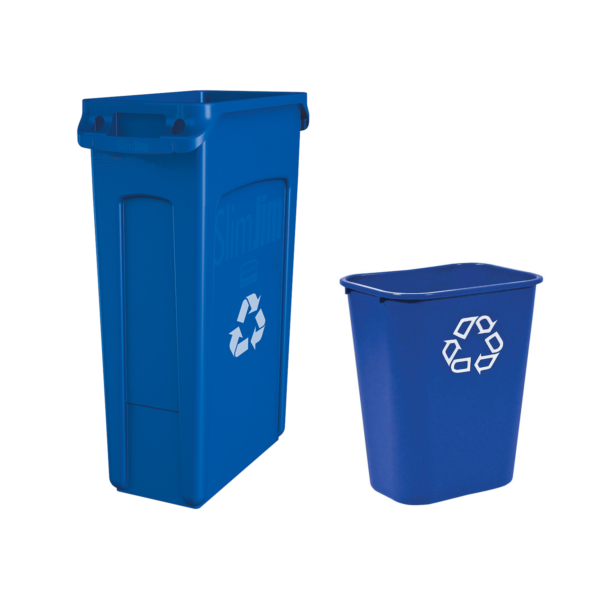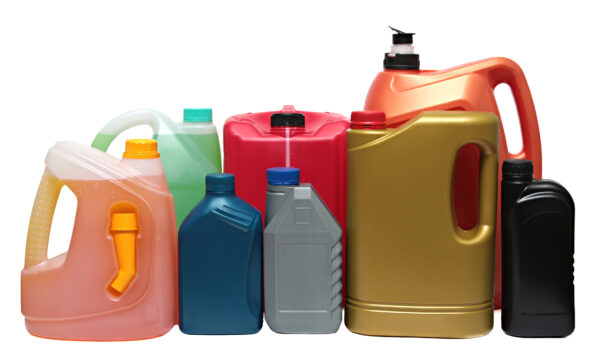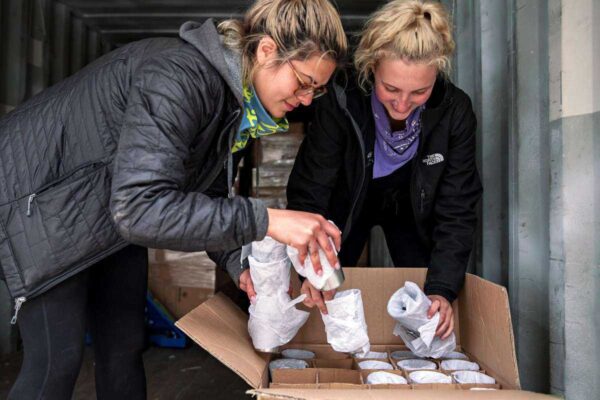Do you have questions or need assistance starting or expanding your on-site recycling program?

The Sonoma Green Business Program recognizes businesses, non-profit organizations, and municipal offices in Sonoma County that meet high environmental standards.
The Green Business Program is a voluntary and no-cost certification that looks at specific measures regarding energy, water, waste, pollution prevention, and best practices.
Resources available include free environmental consulting from the County of Sonoma Energy and Sustainability Division, listing on the California Green Business Directory and Shop Green App, use of the Green Business logo in your marketing materials, and much more.
Sonoma County is part of California's
Department of Resources Recycling and
Recovery (CalRecycle) CalRecycle's RMDZ program zone. The program seeks to combine recycling with economic development to fuel new businesses, expand existing ones, create jobs, and divert waste from landfills.
Resources available include attractive loans, technical assistance, and free product
marketing to businesses that use materials from the waste stream to manufacture their products.
For more information, visit www.NorthBayRMDZ.org or see the Facebook page.
Many items in your work environment contain hazardous materials, which means they can't be disposed of in the garbage.
The Household Hazardous Waste (HHW) Facility and Community HHW Collection Events are available for businesses that qualify as Conditionally Exempt Small Quantity Generators per regulations (CCR Title 22 §66260.10), which are businesses that generate 100 kilograms (27 gallons liquid or 220 pounds solid) or less of hazardous waste per month.
Also, visit these pages for information on managing electronics, fluorescent lamps/CFLs, household batteries, mercury thermostats, paint, sharps/needles, and treated wood.

The intent of this mini-grant program is to aid businesses in the transition from single-use to reusable alternatives.
There are many options for reusables including cups, mugs, plates, bowls, baskets, trays, utensils, napkins, and to-go containers, as well as bulk dispensers, self-service bins, dishwashers, and payment to third-party support for reuse. Beyond food service ware, businesses can also utilize this funding toward the purchase of reusable pallet bands, pallet wraps, u-boat covers, or round-trip totes for shipping/transport.
Check out the page here to submit your plan and W-9.

Signed into law by Governor Brown in 2016, SB 1383 mandates statewide actions to reduce greenhouse gas emissions and air pollution. The bill establishes two main targets:
By 2020 Reduce disposal of organic materials in landfills by 50% from the 2014 level.
By 2025 Reduce disposal of organic materials in landfills by 75% from the 2014 level. By this point, no less than 20% of edible food currently disposed must also be recovered for human consumption.
SB 1383 serves as the regulatory force behind both AB 341 and AB 1826, and it imposes heavy fines for noncompliance.
Signed into law by Governor Brown in 2011, AB 341mandates commercial entities that meet the 4 cubic yard threshold to divert recyclables from the landfill.
Recycling includes cardboard, paper, plastic, glass, and metals
Signed into law by Governor Brown in 2014, AB 1826 requires commercial entities that meet the 4 cubic yard of solid waste threshold to divert organic materials from the landfill. Solid waste means the entire waste stream, including garbage and recycling.
The state defines organics as food, green materials, landscape/prunings, nonhazardous wood scrap, and food-soiled paper.
Visit Downloads & Resources to view or download the complete and updated Zero Waste Guide.